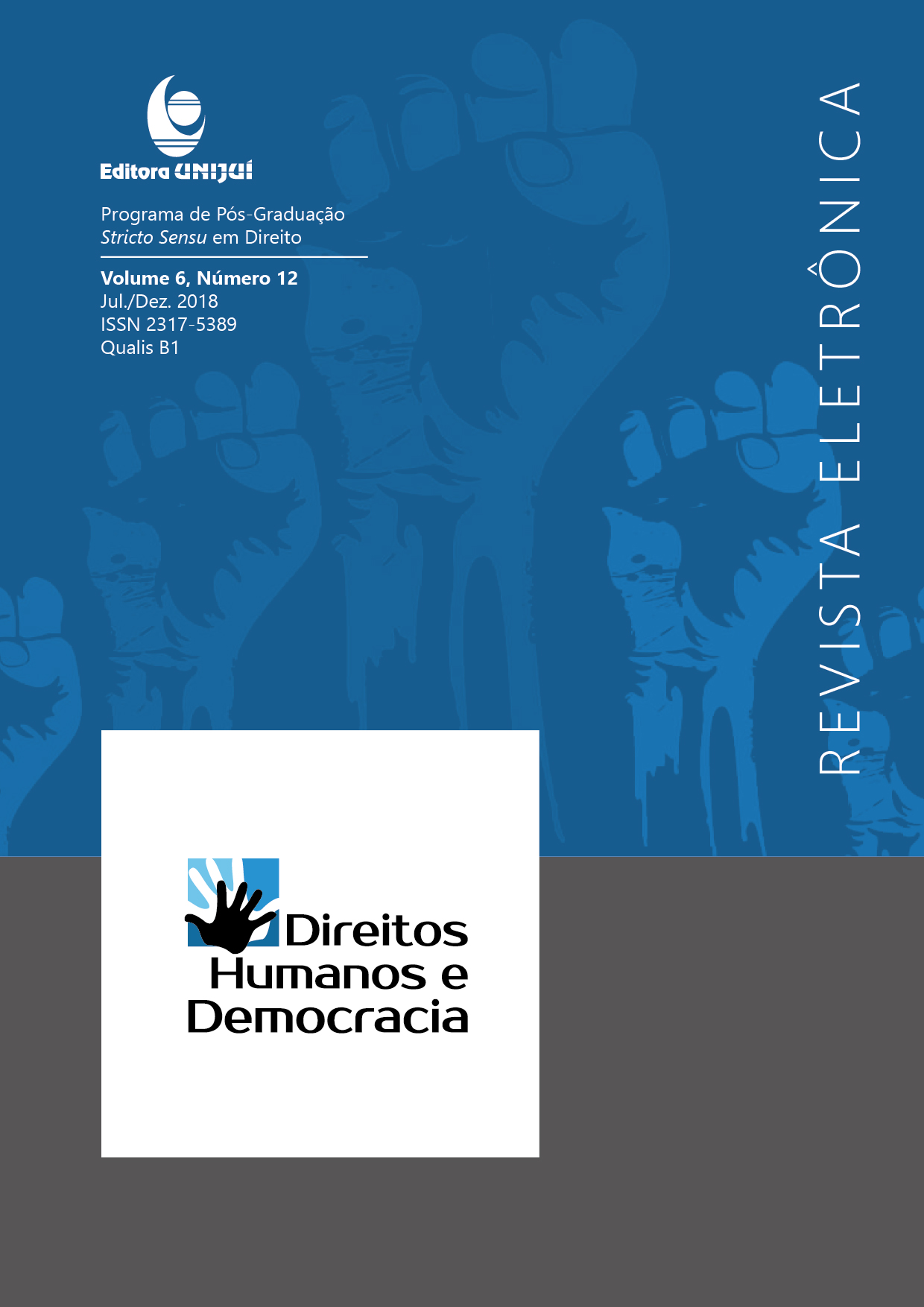A INFLUÊNCIA DAS REGRAS ELEITORAIS NA SELEÇÃO DOS CANDIDATOS À DISPUTA ELEITORAL: UMA ANÁLISE COMPARADA ENTRE OS CASOS DO BRASIL E ARGENTINA
DOI:
https://doi.org/10.21527/2317-5389.2018.12.264-278Abstract
O principal objetivo deste artigo é analisar, de forma comparada, a influência das regras eleitorais sobre os partidos políticos em geral, e, em particular, na seleção dos candidatos à disputa eleitoral na Argentina e no Brasil. Para tanto, recorreu-se à abordagem da política comparada juntamente com o aporte do neo-institucionalismo da escolha racional. Inicialmente, realizou-se uma sucinta revisão acerca dos modelos de democracia, para então entrar no debate sobre os efeitos das regras eleitorais. Depois, foram apresentados os sistemas eleitorais de ambos os países e, logo na sequência de cada caso, analisada a influência das listas eleitorais na seleção dos candidatos à disputa eleitoral. A conclusão do artigo mostra que, embora as listas eleitorais tenham um efeito prescritivo sobre a seleção dos candidatos, sua influência deve ser relativizada uma vez que outras variáveis devem ser dimensionadas para a escolha dos candidatos aos pleitos.
Downloads
Published
How to Cite
Issue
Section
License
By publishing in the Revista Direitos Humanos e Democracia, authors agree to the following terms:
Articles are licensed under the Creative Commons Atribuição 4.0 Internacional (CC BY 4.0), which allows:
Share — copy and redistribute the material in any medium or format;
Adapt — remix, transform, and build upon the material for any purpose, including commercial use.
These permissions are irrevocable, provided the following terms are respected:
Attribution — authors must be properly credited, with a link to the license and indication of any modifications made;
No additional restrictions — no legal or technological measures may be applied that restrict the use permitted by the license.
Notices:
The license does not apply to elements in the public domain or covered by legal exceptions.
The license does not grant all rights required for specific uses (e.g., image rights, privacy, or moral rights).
The journal is not responsible for opinions expressed in the articles, which remain the sole responsibility of the authors. The Editor, with the support of the Editorial Committee, reserves the right to suggest or request modifications when necessary.
Only original scientific articles presenting research results of interest, not previously published or simultaneously submitted to another journal with the same purpose, will be accepted.
References to trademarks or specific products are intended solely for identification purposes and do not imply any promotional endorsement by the authors or the journal.
License Agreement: Authors retain copyright over their articles and grant the Revista Direitos Humanos e Democracia the right of first publication.













